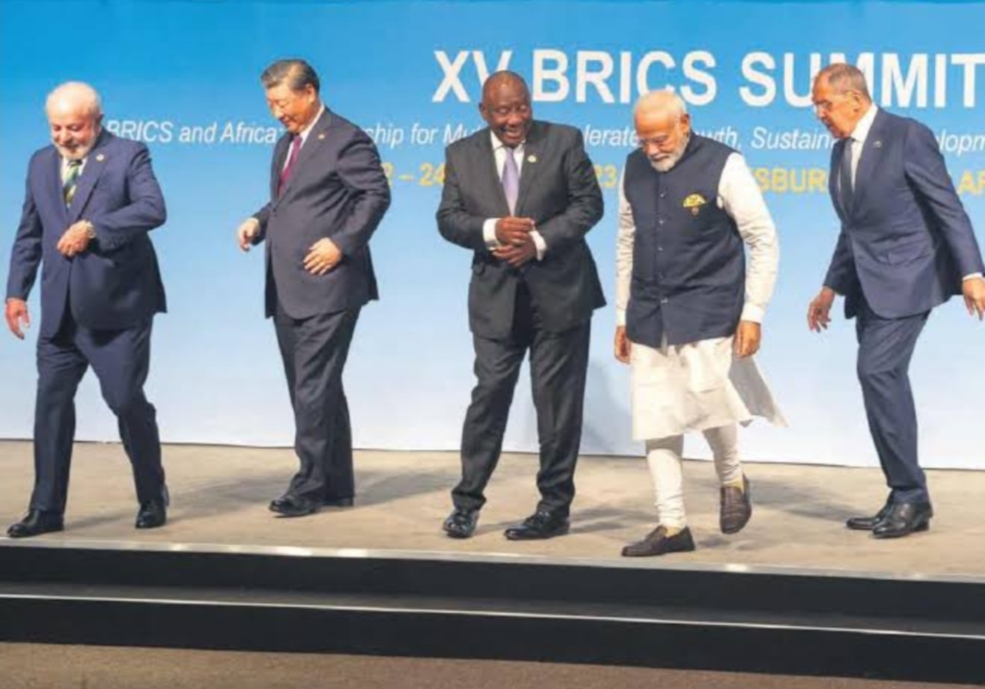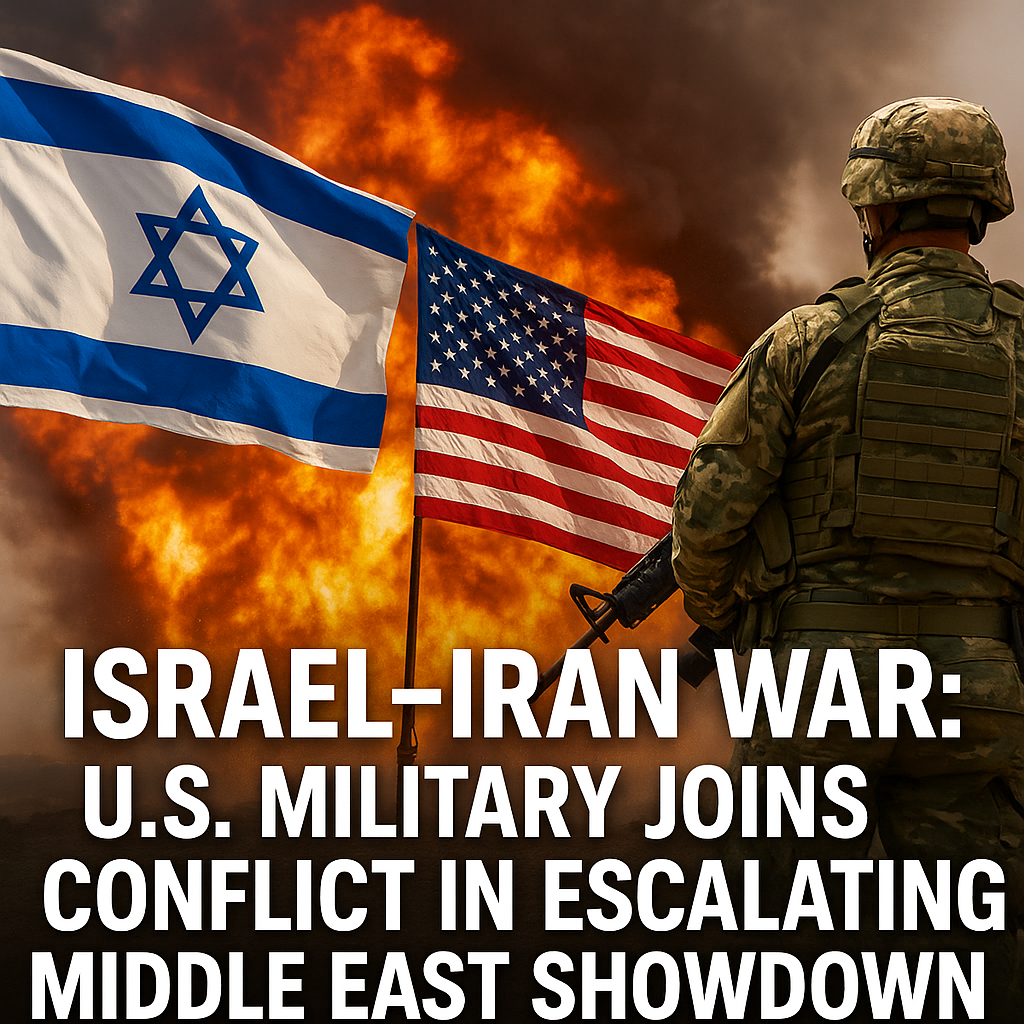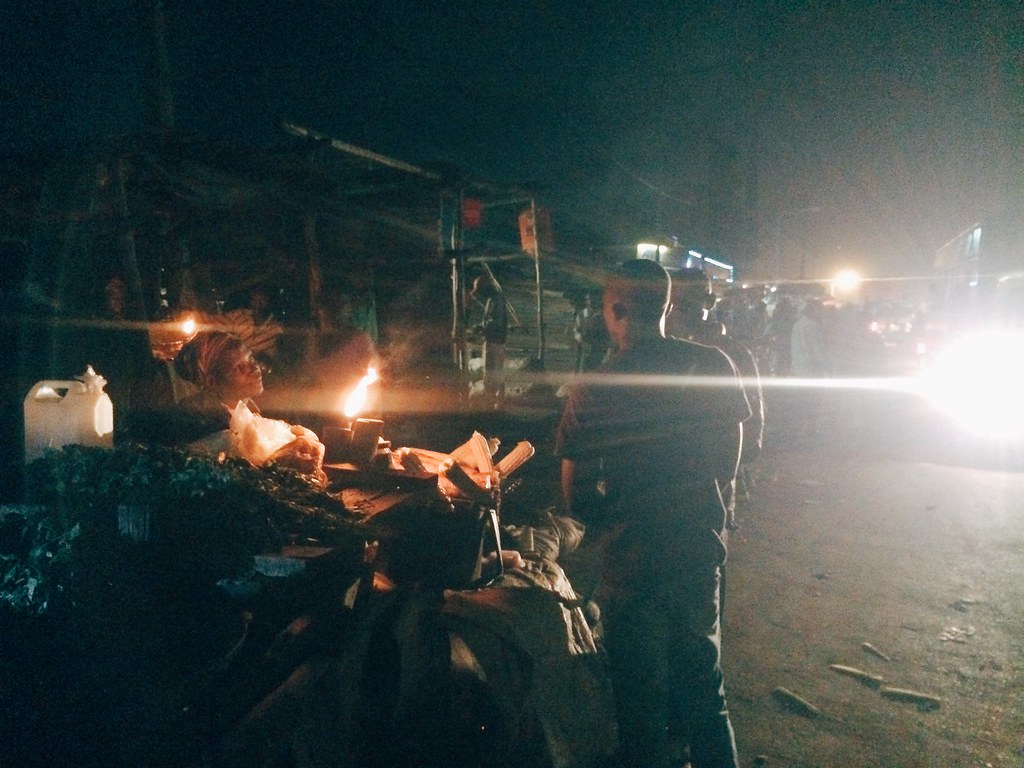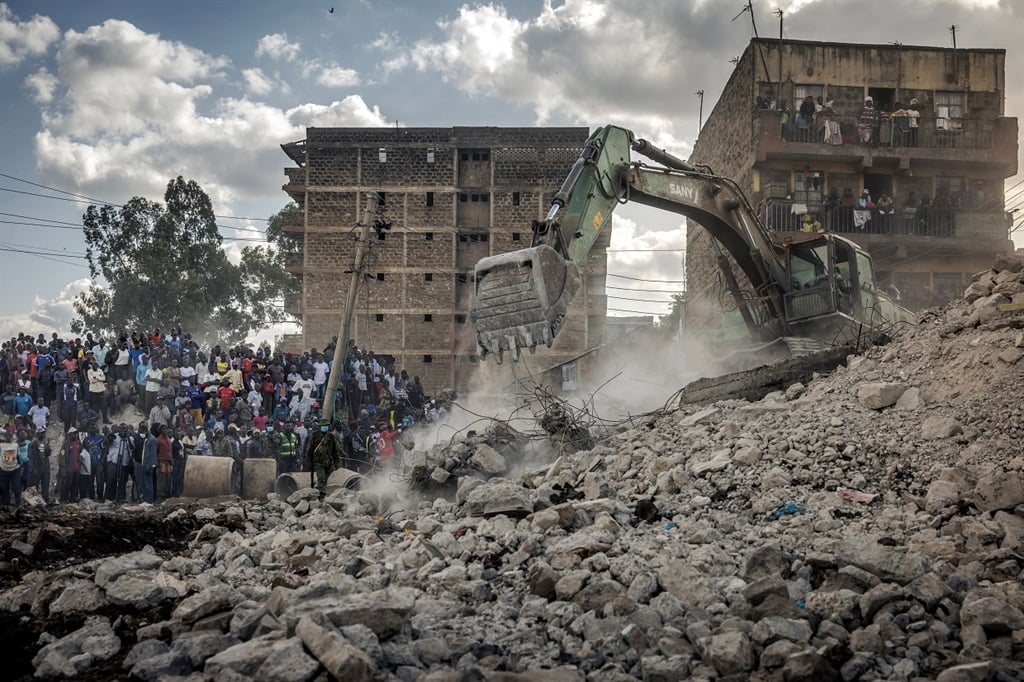The Middle East is once again in turmoil as a full-scale conflict has erupted between Israel and Iran, sending geopolitical shockwaves across the globe. What began as covert tensions quickly spiraled into overt war by mid-June 2025. The United States, after initially deploying forces to defend Israel, has now shifted into an offensive role, launching a series of targeted strikes on Iranian soil.
As the world watches anxiously, questions are rising over whether this war is a limited military operation or the spark of a broader confrontation with global implications.
How the War Started: Operation Rising Lion
On June 13, 2025, Israel launched Operation Rising Lion, a highly coordinated airstrike campaign that targeted Iran’s nuclear infrastructure and military installations. Sites in Natanz, Fordow, and Isfahan were hit, alongside a precision strike that reportedly killed high-ranking commanders in the Islamic Revolutionary Guard Corps (IRGC).
The move followed months of escalating cyber attacks, proxy clashes in Syria, and threats from both nations. Israel’s justification? Intelligence suggesting Iran was nearing weapons-grade uranium enrichment.
Iran’s Retaliation
Within 48 hours, Iran responded with a barrage of ballistic missiles and suicide drones aimed at Israeli airbases, Tel Aviv, and Haifa. Although Israeli air defense systems like Iron Dome and David’s Sling intercepted the majority, some missiles caused casualties and infrastructure damage, sparking nationwide panic.
The Iranian government declared the strikes “just the beginning,” vowing to retaliate for the loss of its nuclear assets and military officials.
🇺🇸 America Enters the Battlefield
The United States initially deployed naval forces to the Eastern Mediterranean and Persian Gulf to assist Israel in intercepting Iranian projectiles. Navy destroyers and Aegis-equipped cruisers were instrumental in downing long-range ballistic threats.
However, the tide turned on June 22, when the Pentagon confirmed that stealth B‑2 bombers, Tomahawk missiles, and bunker-busting GBU-57 bombs were used to strike Iranian nuclear facilities. The operation was codenamed Operation Midnight Hammer, marking a rare and direct U.S. attack on Iran since the Gulf era.
Defense analysts say the strikes were meant to “cripple Iran’s nuclear capability while minimizing civilian casualties.”
The Strategy Behind U.S. Involvement
While the Biden administration initially framed U.S. involvement as a defensive measure, the shift to offense signals a broader strategic doctrine—dubbed by some as the Trump Doctrine 2.0—where the U.S. no longer waits for international consensus before acting in the region.
“This is about deterrence. If Iran is not stopped now, they will return emboldened,” said Gen. Curtis Matthews, U.S. CENTCOM, during a recent press briefing.
Despite the strong stance, the administration insists it does not seek war with Iran and is open to re-entering diplomatic channels through a UN-mediated ceasefire.
Damage Assessment and Civilian Toll
According to the Israeli Defense Security Forum (IDSF):
- Over 65% of Iran’s missile silos and nuclear labs were destroyed.
- Senior IRGC commanders were either killed or critically wounded.
- Israel maintained air dominance throughout the operation.
Iran, however, reports over 600 military casualties, and hundreds of civilians have been displaced due to the bombing of nearby sites. Tehran has also suspended cooperation with the International Atomic Energy Agency (IAEA) in protest.
Meanwhile, the United Nations has called for restraint, with Secretary-General António Guterres warning of a “potentially catastrophic spiral.”
Global Ripple Effects
The conflict has had far-reaching consequences beyond the Middle East:
- Oil prices have surged above $100 per barrel as traders fear a closure of the Strait of Hormuz, through which 30% of global oil passes.
- Stock markets dipped globally, with airlines and travel industries taking major hits.
- Humanitarian organizations are preparing for a refugee crisis, especially if the war spreads to Lebanon, Iraq, or the Gulf.
Mixed Reactions at Home and Abroad
In the U.S., the airstrikes have sparked mixed political reactions:
- Conservatives praise the show of strength.
- Progressives warn against “another endless war in the Middle East.”
- Military veterans are divided—some see it as a needed intervention, others liken it to the early days of the Iraq invasion.
Allies like the UK, France, and Saudi Arabia have backed the strikes, while Russia and China have condemned them, calling for a ceasefire.
Where Things Stand Now
As of July 1, a fragile ceasefire appears to be holding following intense back-channel diplomacy involving the UAE, Qatar, and France. However, intelligence sources suggest both Israel and Iran are rearming, and the region remains volatile.
The U.S. has maintained a large military presence in the region, though President Biden stated that American ground troops will not be deployed “unless absolutely necessary.”
Conclusion: What Next for the Region?
With nuclear facilities in ruins and international pressure mounting, Iran faces both isolation and desperation. Israel, though militarily dominant, is bracing for asymmetric warfare and possible cyber retaliation.
The U.S. now finds itself in a delicate position—having demonstrated force, it must now lead efforts to de-escalate, restore diplomacy, and avoid a regional war that could draw in global powers.
Have Your Say
Do you think U.S. involvement was necessary? Should diplomacy take precedence over strikes?
Join the conversation in the comments below or tag us on social media with #𝗥𝗔𝗗𝗜𝗢 𝗥𝗙𝗠.




















